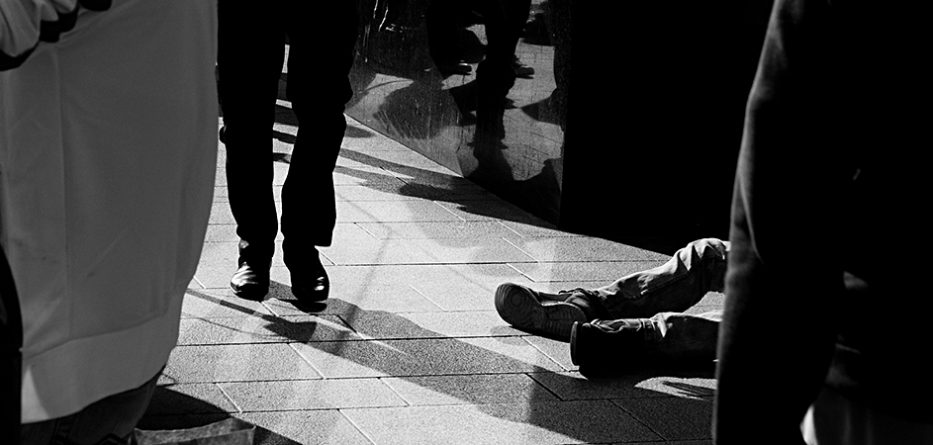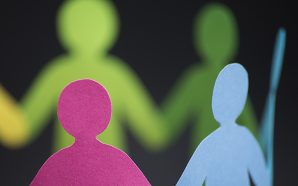The COVID-19 pandemic came swiftly and without any warning to turn our lives upside down. But while many of us are living the routine of our lives very differently now, people who are homeless or those at risk of homelessness are experiencing this pandemic in an acutely difficult way.
They are stigmatised for their situation, are accessing services which are already stretched to capacity and usually have more immunosuppressed systems than the general public, as well as generally poorer mental and physical health.
Sadly, with this pandemic we will only see a rise in people experiencing homelessness, as jobs are lost, rents and mortgages can’t be paid, stress and anxiety take its toll on relationships and families resulting in family breakdowns and more family violence.
Now people who are rough sleepers, couch surfing, staying temporarily with friends or families, living in temporary accommodation or in their cars will have nowhere to go. They are unable to go ‘home’ to self-isolate in a warm and safe house, fully stocked with food. There is no home for them. This pandemic will make their lives even more difficult and add to their struggles.
The homelessness agencies and community services, who would normally provide support and a service to people experiencing homelessness, are either at a reduced service or had to scale right back to only providing minimal service. These agencies often rely on their volunteer workforce, who have had to refrain from having the usual personal interaction with the people they serve; reducing the relational aspect of the service or program.
During a meal service in the city at the time the coronavirus pandemic had started to make its mark on the Australian community, a man I was serving who was rough sleeping told me how hard it was for him to self-isolate when the park is his home. He told me people experiencing homelessness can’t just ‘go home’ to self-isolate.
It was at this moment, that I realised how hard it would be for this marginalised group of people to be safe during this time. Relying mostly on food parcels, further isolation will have an even more detrimental effect on the mental and physical health of people who are already feeling the pangs of loneliness and hunger due to the effects of homelessness.
Boarding and rooming houses, as well as squats where rough sleepers reside, are often crowded, not maintained properly and have shared bathroom and kitchen facilities. They are a great place for spreading infection, especially amongst a group of people who are generally more immunosuppressed than others.
Many of the agencies and community services are working hard to support these people and are doing all that they can to provide a service. They would also be feeling a sense of distress themselves that they have had to reduce service and make it more transactional. The people who were in need before the COVID-19 pandemic have had their burdens exacerbated.
While community services are doing their best to house people experiencing homelessness who should be isolated into hotel rooms, this is only for the fourteen days, and then after that they once again face the streets or their boarding houses.
The government has been placing people returning from overseas into hotel rooms for fourteen days. This would be an ideal time for the Victorian government to follow the lead of other cities who have placed their rough sleepers from the streets into hotel rooms.
People who are vulnerable, living in unsafe and crowded temporary accommodation should be placed into hotel rooms and provided support during this time. This will also provide employment opportunities for the hotels which have had to reduce or cease operating. Moreover, this would remove some of the pressure of community services who are funding these places currently and working hard to continue to provide their services to the people they support.
There is also a chance for the government to make an impact on the homelessness situation during this pandemic, by investing more resources into these community services, providing safe and ongoing housing for vulnerable people and improve the outcomes for them once this is all over. We would not want our homelessness population to suffer any further during or after this pandemic, not when there is a great opportunity here to make a difference.
Danusia Kaska is Xavier Social Justice Network Coordinator.
This article was first published in Eureka Street, a publication of the Australian Jesuits. Reproduced with permission.








